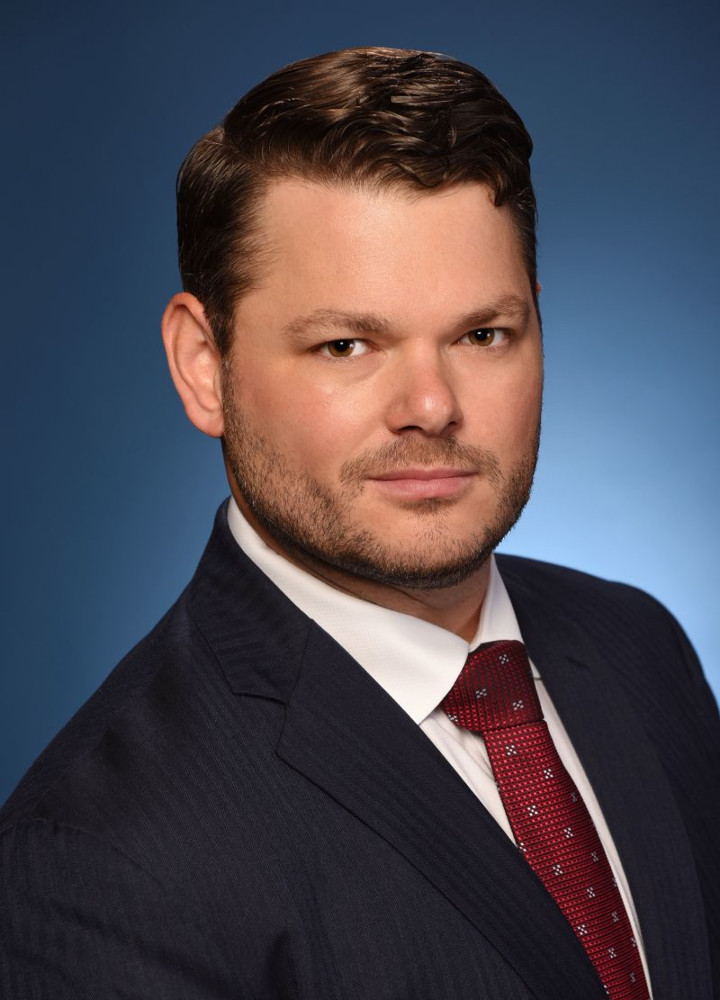RamaOnHealthcare September 8, 2024
IHI Care Operating System: The Next Frontier in Quality and Safety

Josh Clark, Vice President, Quality and Safety Operating Systems, Institute for Healthcare Improvement (IHI)
RamaOnHealthcare (ROH): Thank you so much for joining us today and sharing your insights! Please tell us more about the IHI Care Operating System, what it is, and how it can benefit health systems, etc.
Josh Clark (JC): The IHI Care Operating System is a combination of services and products that, once fully implemented, serves as an intermediary for health systems by connecting complex workflows, technologies, care environments, and data to enable our clinicians to provide optimal care. By embedding quality, safety, experience, and equity outcomes directly within clinical operations, we can accelerate organizational learning and improvement through ongoing system re-design.
Mature care operating systems have highly engaged staff, reduced turnover rates, processes to identify and resolve operational issues in real-time, and the ability to consistently execute top organizational performance priorities. Organizations such as Jefferson Health and Greater Baltimore Medical Center have consistently demonstrated the benefit of this approach via outcome improvements and how they engage with staff to identify and improve their systems.
ROH: Despite many and best attempts, quality and safety remains an issue within healthcare today. How can care operating systems help address that?
JC: This answer is simple, but the work is complex. Care operating systems are successful because of the intense focus on continuously learning about and improving system performance.
This answer is simple, but the work is complex.
Over the past 25 years, health care has experienced a digital revolution, during which time technology’s influence on patient outcomes has increased exponentially.
In a highly functioning system, such as one within a high-reliability organization, these changes to the system would have been carefully introduced intentionally to ensure the system is performing at its peak capability.
Unfortunately, our current system has evolved rapidly and organically without an intentional design and appropriate system analysis. The result has been an unpredictable and chaotic system, and consequentially, clinicians and patients experience difficulties in a system that is not designed to achieve the results we intended and all desire.
ROH: Your recent article published in Harvard Business Review speaks to fixing the system, not the people. Can you elaborate on that?
JC: Traditional approaches to improve quality and safety have relied heavily on training, education, and improving culture. Essentially, the ability to improve these important outcomes rests on the shoulders of our clinicians, who are already doing their best to navigate a poorly designed and unoptimized system daily. We absolutely need our frontline clinicians and staff to improve, but they are not experts in improvement science, human factors, or systems engineering.
Nonetheless, our people are amazing! They are dedicated to helping people, so we already have a distinct advantage over other industries.
…our people are amazing!
However, other industries don’t ask their people to fix everything in the system that is broken. They ask their staff to understand how the system is performing and provide feedback on where it can be improved. Then, the right disciplines and skills are utilized to understand the issues and engineer them out. This is a distinct shift in how improvement is approached in care operating systems.
This is a distinct shift in how improvement is approached in care operating systems.
ROH: How can the IHI Care Operating system positively impact frontline staff?
JC: It is important to recognize that no one wants better outcomes for patients than frontline staff. When they see their patients experience less-than-optimal outcomes, it weighs heavily on them. In care operating systems, frontline staff clearly understand the organization’s improvement priorities and how their daily work connects to the most important outcomes.
Their feedback to improve the system is celebrated broadly across the organization to ensure staff understand how they contributed to improving care for thousands of future patients.
Making staff part of the solution to better care – improves care! It also creates a snowball effect, increasing staff engagement and leading to an improved understanding of system performance. This is compounded by the organization’s efforts to learn from frontline feedback and design a system to enable our clinicians to spend more time with patients and allow for focus on what truly matters to them.
Making staff part of the solution to better care – improves care!
The IHI Care Operating System is not about making technology the solution to all our problems. It is about holding the system to the same standards our clinicians have held for themselves for decades and facilitating the ability to reconnect to better integrate improvement within our purpose and process.
It is about holding the system to the same standards our clinicians have held for themselves for decades….
More about Josh Clark
Prior to joining IHI, Mr. Clark served as the Senior Vice President of Quality and Safety Operations for Jefferson Health, an 18-hospital system covering the greater Philadelphia region and southern New Jersey. He led the implementation of an industry-leading operating system that included an innovative serious safety event review program, enterprise escalating huddles, organizational learning and triage platform, and a state-of-the-art enterprise analytics platform.
Previously, he served as Enterprise Senior Director of Quality and Safety at Carilion Clinic. He helped develop and lead one of the country’s largest clinically informed human factors teams. He participated in National Quality Forum Action Teams and serves on the Board of the Health Care Improvement Foundation. The National Quality Forum recognized his work in integrating translational human factors within clinical operations with its 2018 Next Generation Innovator Award. ECRI and ISMP’s 2021 Safety Excellence Award recognized his work at Jefferson Health. Mr. Clark received his RN and Master of Healthcare Administration degrees from Jefferson College of Health Sciences.
To Improve Health Care, Focus on Fixing Systems – Not People
https://hbr.org/2024/07/to-improve-health-care-focus-on-fixing-systems-not-people





